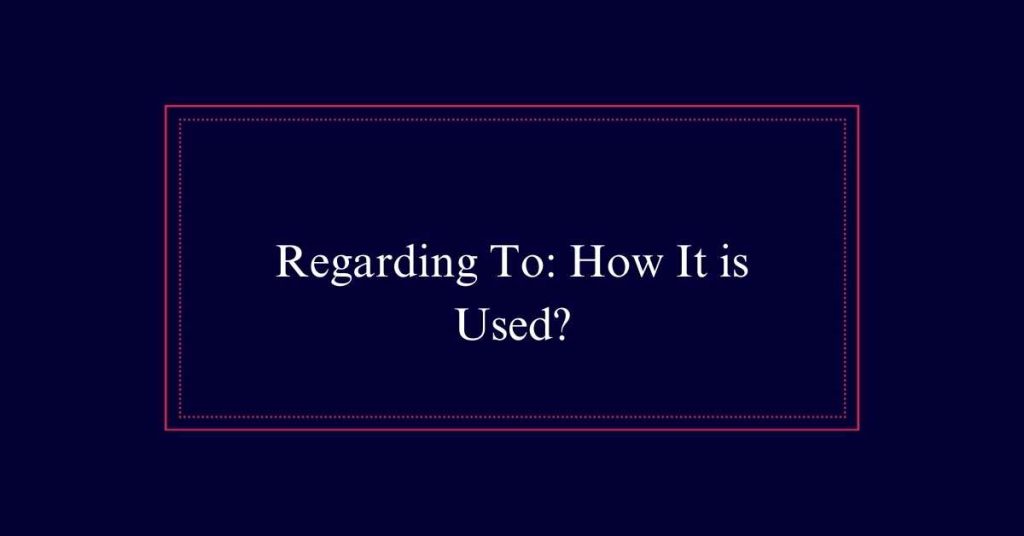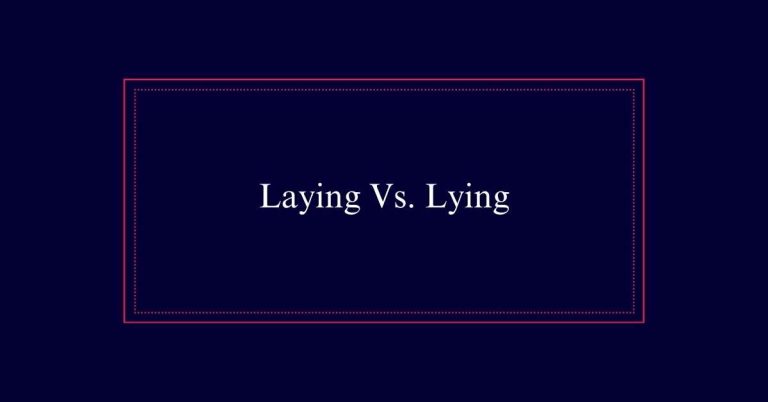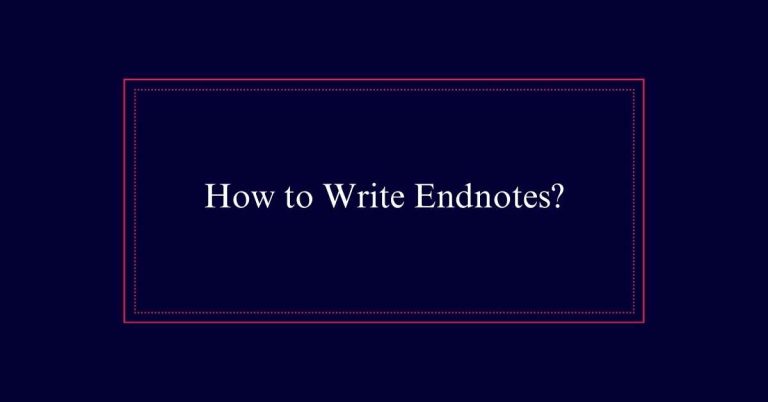Regarding To: How It is Used?
The phrase ‘regarding to’ is a common mistake found in online communication. The correct usage should be ‘regarding’ or ‘in regard to’. These phrases mean ‘concerning’ or ‘about’, and using them correctly guarantees clear, professional writing.
For example, one might say, ‘Regarding your email, I will respond tomorrow,’ or ‘In regard to the meeting, it is scheduled for 2 PM.’ It is important to avoid saying ‘regarding to’ or ‘in regards to’ to maintain proper grammar.
Common Web Usage
The phrase ‘regarding to’ is frequently encountered on various websites and online articles. It appears in contexts ranging from movie cast discussions to community workshop descriptions. For instance, fans often discuss details ‘regarding to’ favorite actors or plot theories.
Community events may also highlight visions ‘regarding to’ social issues. Despite its common use, ‘regarding to’ is an incorrect expression. Many writers mistakenly add ‘to’ after learning similar phrases. This misuse can be found in numerous online sources covering various subjects.
Incorrect Phrase Analysis
Misunderstandings about the phrase ‘regarding to’ often lead to its incorrect use in various contexts.
Many people mistakenly add the word ‘to’ after ‘regarding,’ thinking it follows similar structures like ‘according to’ or ‘due to.’ However, ‘regarding to’ is grammatically incorrect.
This error is commonly seen in online articles and casual writing, where the intended meaning is ‘concerning’ or ‘about.’ The confusion arises because English has several phrases with similar meanings but different structures.
Correct Alternatives
Recognizing the importance of ‘regarding to,’ it is essential to explore correct alternatives for clear communication.
The phrase ‘regarding’ is a simple and effective replacement, meaning concerning or about. For instance, instead of saying ‘regarding to the meeting,’ one should say ‘regarding the meeting.’
Another appropriate alternative is ‘in regard to,’ which also means concerning. An example would be ‘in regard to your inquiry.’ These alternatives eliminate confusion and guarantee clarity.

Additionally, expressions like ‘with respect to’ or ‘about’ can be used depending on the context. For example, ‘with respect to the project’ or ‘about the new policy’ are correct and straightforward.
In Regard Versus In Regards
Understanding the difference between ‘in regard’ and ‘in regards’ is crucial for effective communication.
‘In regard to’ is the correct form when referencing a particular subject. It means concerning or about something. For example, ‘In regard to your request, we will respond shortly.’
Conversely, ‘in regards to’ is often seen but is considered incorrect by many language experts. The word ‘regards’ typically refers to well wishes, as in ‘Give my regards to your family.’
Proper Use of Regarding
To further enhance effective communication, it’s important to correctly use the term ‘regarding’ in your writing. ‘Regarding’ is a preposition that means ‘concerning’ or ‘about.’ It is used to introduce a topic or subject. Using ‘regarding’ properly can improve the clarity of your message.
Here are some key points to remember:
- Correct Usage: Always use ‘regarding’ without any additional preposition. For example: ‘We are discussing plans concerning the new project.’
- Avoid Common Mistakes: Do not use ‘regarding to,’ which is incorrect.
- Interchangeable Terms: You can often replace ‘regarding’ with ‘concerning’ or ‘about.’
- Context Matters: Make sure that ‘regarding’ fits naturally within the context of your sentence.
Meaning Clarification
Clarifying the meaning of ‘regarding’ is crucial to guarantee precise communication. ‘Regarding’ means concerning or in respect to a subject. It helps focus on the topic or context being discussed. It is not interchangeable with phrases like ‘according to’ or ‘due to,’ which have different meanings.
Here is a simple comparison to illustrate its usage:
| Expression | Meaning |
|---|---|
| Regarding | Concerning or in respect to |
| According to | As stated by |
| Due to | Because of |
Distinguishing Expressions
Distinguishing between similar expressions is essential for effective and accurate communication. It is particularly important when maneuvering the subtle differences between phrases like ‘regarding,’ ‘in regard to,’ and ‘in regards to.’ Misusing these can lead to confusion or misinterpretation.
Here are key points to note:
- ‘Regarding’: Use this to mean ‘concerning’ or ‘about.’ Example: ‘Regarding your question, the answer is yes.
- ‘In regard to’: This is another correct way to say ‘concerning.’ Example: ‘In regard to your request, we will proceed.’
- ‘In regards to’: Often considered incorrect, though increasingly used.
- ‘Regards’: Properly used to convey greetings or wishes, not as a preposition. Example: ‘Best regards, John.’
Contextual Examples
Examining contextual examples helps illustrate the proper usage of expressions like ‘regarding’ and ‘in regard to.’
For instance, in a business email, one might write, ‘Regarding the meeting agenda, please find the attached document.’ This shows how ‘regarding’ is used to refer to a specific subject.
Another example is, ‘In regard to the new policy, we must comply with the updated guidelines.’ Here, ‘in regard to’ introduces the topic of discussion.
These examples are clear and concise, demonstrating the correct usage. Misusing phrases like ‘regarding to’ can lead to confusion.
Synonym Options
What are some effective synonym options for ‘regarding’ that can enhance your writing? Using varied expressions can improve readability and precision. Here are some alternatives:
- Concerning: This synonym can be used interchangeably with ‘regarding’ to indicate the subject matter.
- In reference to: This phrase is formal and fits well in professional or academic contexts.
- With respect to: This is another formal option that offers a respectful tone.
- Pertaining to: This is a precise term often used in legal or official documents.
Enhancing Language Usage
Enhancing language usage involves selecting the most appropriate words and phrases to convey your message clearly and effectively. Using correct expressions like ‘regarding’ and ‘in regard to’ instead of the incorrect ‘regarding to’ is vital for clarity. These choices help avoid confusion and guarantee your message is understood.
For instance, saying ‘In regard to the project,’ is clearer than ‘Regarding to the project.’ Similarly, ‘Regarding your question,’ is more precise. Being aware of these distinctions enhances your ability to communicate professionally. Understanding and applying correct phrases not only improve your language skills but also your credibility.
Hence, always choose words and expressions that best fit the context and maintain grammatical accuracy.







